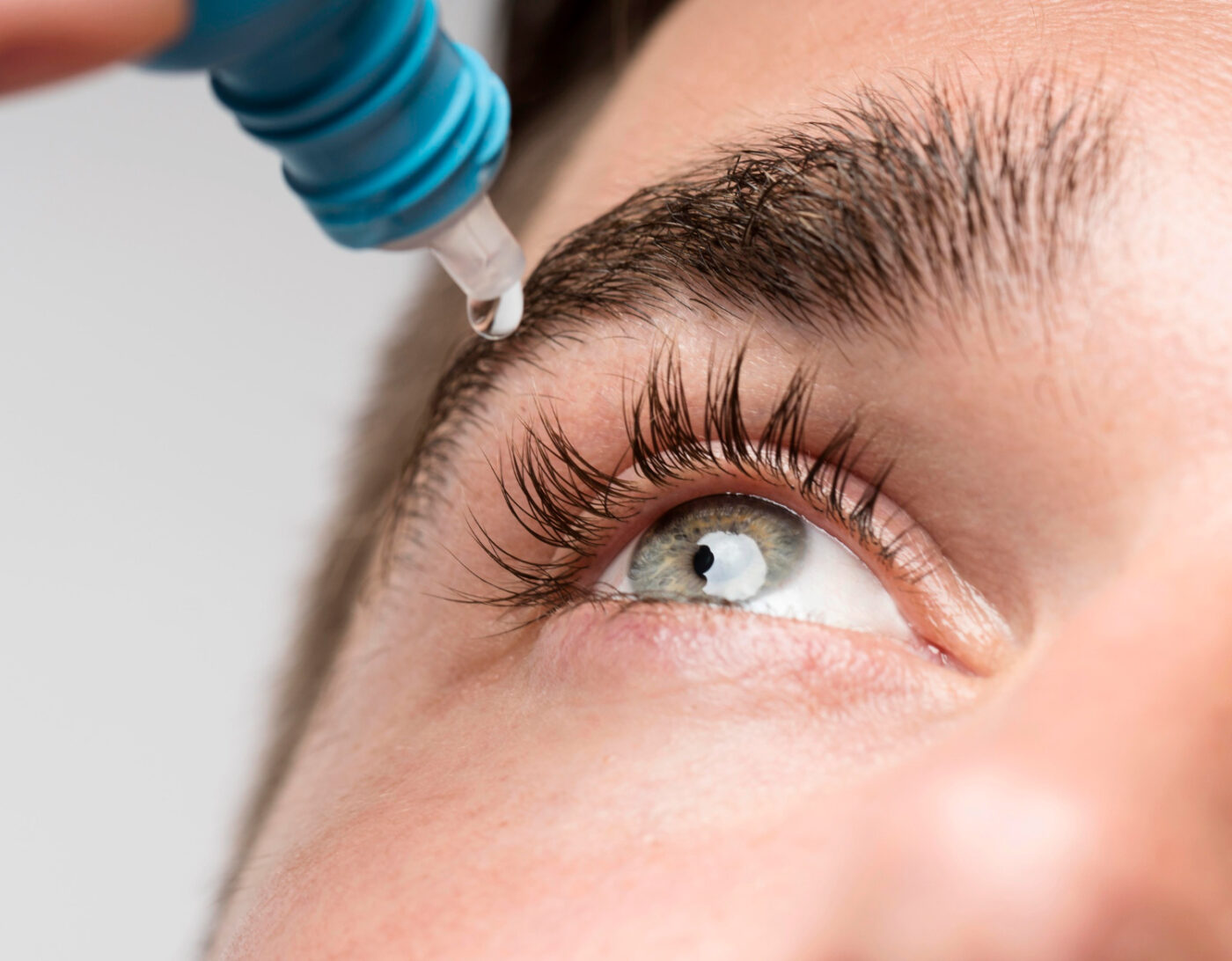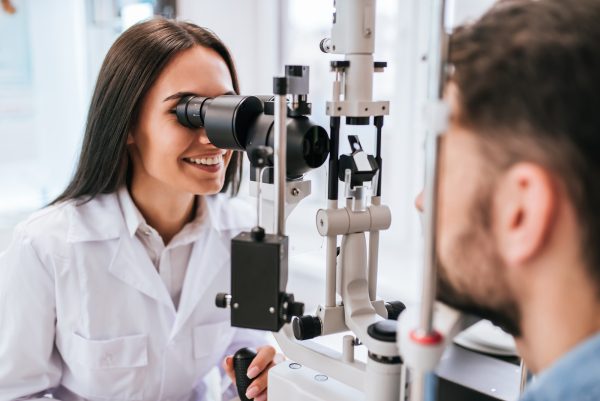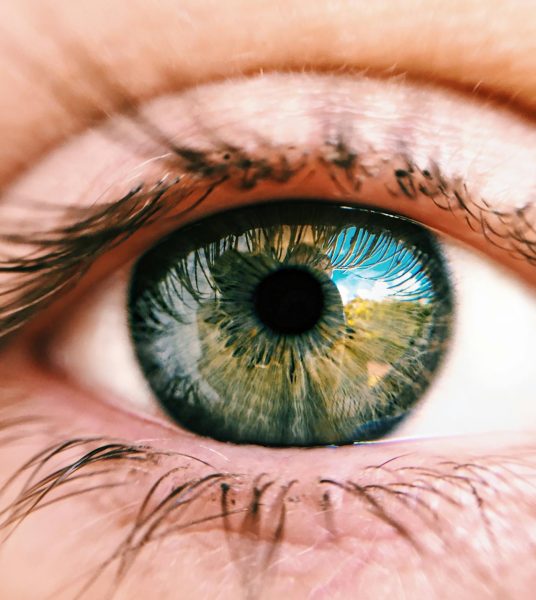What is LASIK Surgery?
LASIK, an acronym for Laser-Assisted In Situ Keratomileusis, is a popular and highly effective vision correction procedure. During this surgery, an ophthalmologist utilizes a precise laser to reshape the cornea, the clear front portion of the eye, to correct refractive errors such as nearsightedness, farsightedness, and astigmatism.
The Importance of Proper LASIK Recovery
While LASIK eye surgery is typically a quick outpatient procedure, the recovery process is crucial for achieving optimal visual results and preventing complications. Adhering to your ophthalmologist’s post-operative instructions is essential for a smooth and successful recovery.
LASIK Recovery Timeline: A Detailed Breakdown
Day of Surgery
Immediately after the procedure, your vision may appear blurry or hazy, and you may experience temporary discomfort or mild irritation. Your ophthalmologist will provide you with protective eyewear to shield your eyes from bright lights, dust, and debris. It’s essential to have someone drive you home and avoid any strenuous activities for the remainder of the day.
First 24 Hours
During the first 24 hours, your eyes may feel gritty, burn, or water excessively. These symptoms are normal and typically subside within a day or two. It’s crucial to avoid rubbing or touching your eyes during this time, as it can disrupt the healing process.
First Week
Within the first few days, your vision should steadily improve, and most discomfort should dissipate. However, you may experience fluctuations in your vision, especially during the first week. It’s essential to attend all scheduled follow-up appointments with your ophthalmologist to monitor your progress and ensure proper healing.
1-2 Weeks
After one to two weeks, most patients can resume their normal activities, including driving and light exercise. However, it’s essential to avoid activities that can potentially expose your eyes to debris or impact, such as contact sports or swimming.
1 Month
By the end of the first month, your vision should stabilize, and you should experience the full benefits of LASIK surgery. However, it’s important to note that everyone heals differently, and some patients may require a longer recovery period.
3-6 Months
While most patients achieve their desired visual outcome within the first few months, your eyes may continue to heal and adapt to the corneal changes for up to six months after the procedure. During this time, you may experience slight fluctuations in your vision or occasional dry eye symptoms.
Essential Tips for Optimal LASIK Recovery
- Prioritize Rest: Getting adequate sleep is vital for healing.
- Minimize Eye Strain: Avoid excessive screen time, especially during the initial recovery phase.
- Maintain Proper Hygiene: Wash your hands thoroughly before touching your eyes.
- Use Artificial Tears Regularly: Eye drops prescribed by your doctor will help combat dryness and irritation.
- Attend Follow-Up Appointments: Regular check-ups are crucial to monitor healing and address any concerns.

- Wear UV-Protective Sunglasses: Sun protection is essential for your eyes after LASIK surgery.
- Avoid Strenuous Activities: Wait for your doctor’s approval before resuming exercise or contact sports.
- Alert Your Doctor of Any Concerns: Don’t hesitate to contact your ophthalmologist if you experience unusual symptoms like severe pain, persistent vision changes, or excessive redness.
Potential Side Effects and Complications
While LASIK is generally safe and effective, some patients may experience temporary side effects or rare complications during the recovery process. These may include:
- Dry eye syndrome
- Light sensitivity
- Glare or halos around lights
- Undercorrection or overcorrection of vision
- Infection or inflammation
If you experience any concerning symptoms or have any questions or concerns during your recovery, it’s essential to contact your ophthalmologist immediately.
Embrace the Journey to Clear Vision
LASIK surgery offers a life-changing opportunity to achieve improved vision and freedom from corrective lenses. By understanding and adhering to the LASIK recovery timeline and your ophthalmologist’s instructions, you can ensure a smooth and successful recovery process, ultimately enjoying the benefits of improved vision for years to come.
Source:
LASIK Recovery Time: What to expect after LASIK? (2024, March 21). Refractive Surgery Council. https://americanrefractivesurgerycouncil.org/what-to-expect-with-lasik-recovery/
Categories:



